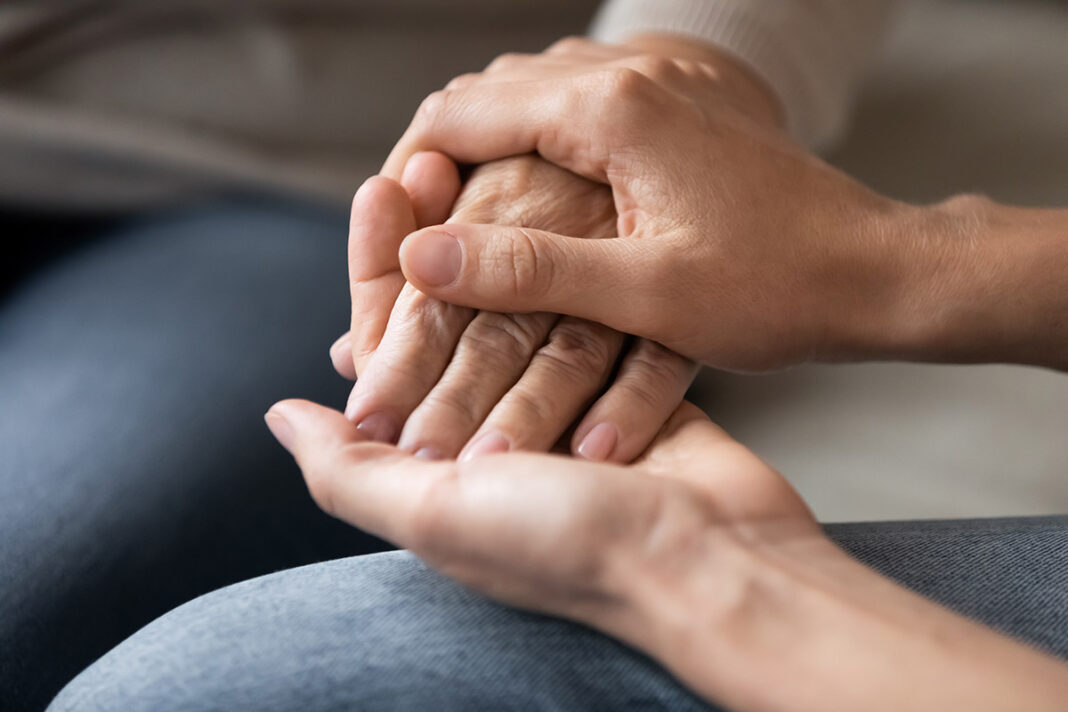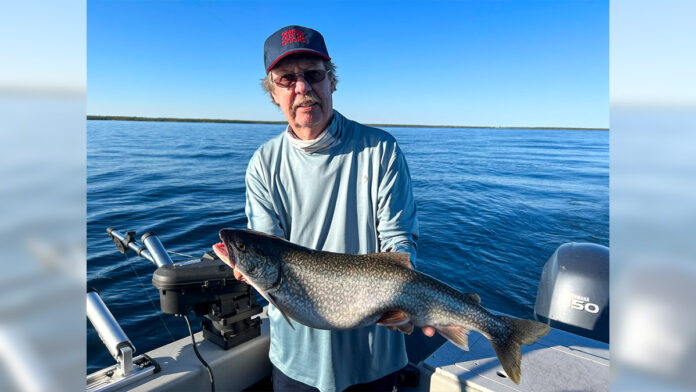by Mike Brock
Talking.
There is all sorts of talking in sports.
Think about it…there’s trash talk, pep talks, even TikToks.
There are radio stations, TV channels, websites, networks, all filled with folks talking about sports. Not to mention all the talking that goes on in the field of play. These days, you’d be hard pressed to find a televised sporting event that doesn’t have at least one player wearing a microphone to capture all the talking.
Major League catchers at spring camp are starting to go out to the mound to talk to their pitchers.
After every NHL game, the first star has to talk to the reporters, using words like “It was a total team effort. Happy to get the win. We knew that if we scored more goals than them that we had a good chance to win the game.”
At the weigh-ins before they punch each other in the face, even Heavyweight boxers do a lot of “talking.” It’s loud talking, but it’s still talking.
In tennis, most players ask the crowd to not talk. John McEnroe used to quite enjoy talking to the umpires, though. Sometimes, he’d even stop the match he was playing just to have a chat with an umpire.
On every backstretch at every track in the world, there is a Horse Whisperer talking very quietly to a horse. The horse is listening, too.
You’ve heard curlers talk. They all say the same words, just differently, at a different volume. “Hurry. Hurry hard. Right off. Sweep. Yep. RIGHT OFF!” Talking seems to be directly proportional to the success of the team. The vocality of the skip rights the ship, so to speak.
In the lonely end of the rink, hockey goalies are known to talk to themselves even when the going is good. If the ice gets tilted the wrong way, they talk to themselves even more.
I’ve never met a golfer who didn’t talk to their ball while it was in the air. I’ve also never seen it work.
Swimmers spend 3 hours a day staring at a black line on the bottom of the pool. Eventually, they end up talking to themselves. It’s a little more difficult to talk out loud when you’re swimming, although backstrokers have been known to try.
Teams talk to each other—anyone who’s been involved with sports knows that there are a lot meetings. Coaches meetings. Players Only Meetings. Defence Meetings. Offence meetings. Meetings about any kind of fence, really.
Fans don’t even have to know each other at all in order to talk to each other about everything. In the stands, in line for beer at the game, on Twitter, at the water cooler—fans talk.
And that’s a good thing. Especially when it matters.
Wednesday, January 25 was #BellLetsTalk Day. It’s a day, anchored annually on social media, that has four key strategies: help put an end to stigmas surrounding mental health, support care and access to care for people suffering from mental illness, fund research and promote workplace mental health guidelines. For the last 13 years, the hashtag #BellLetsTalk has been used to raise money, awareness and acceptance for mental health issues. Almost one and a half billion messages have been sent over the years, and hundreds of millions of dollars have been raised.
While there is still a lot of work to be done, Mental Health Awareness has definitely improved over the last decade, and some powerful voices from the sports world have been a part of that progress. Clara Hughes, one of Canada’s most decorated Olympians with multiple medals in both Cycling and Speed Skating is the National Ambassador for #BellLetsTalk Day. She has led by example, sharing her own struggles with mental health, which is especially powerful coming from someone so successful in the eyes of everyone else. When someone as successful, and seemingly fulfilled as Hughes, can talk about their own mental health issues, it puts a big crack in the stigma of everyone else talking about it.
Other big names from the sports world have added their stories to the narrative, too. Naomi Osaka, former World #1 tennis player, took time off at the height of her success to deal with her mental health. Simone Biles, the most popular and successful gymnast of the last 30 years, took a step back from her events at The Olympics, because her mental health was not where she needed it to be. After just one season in the NBA, the start of what could have been a very lucrative career, Tyrell Terry retired from the game in December, citing mental health issues. Hockey legend and current broadcaster Kelly Hrudey has been altruistically loud and public about his struggles. The authenticity and gravity of the conversations that these athletes have shared make a difference. However, you do not need to be a famous athlete to make a difference in your life, or the lives of your loved ones.
We are all fans on some level, but we are humans on every level. We need each other. We all know we need each other. The word “talk” appears 36 times in this article. If you are struggling, you are not alone, and there are places to go for help. Talking about it is just the first step, but it’s a great first step.
Sure, sports get people talking. On every corner, and around every water cooler, the topic of sports fights for airtime with chit-chat champs “How About The Weather We’re Having” and “Kids Today…” There is an inherent bravado and embellishment to sports talk. Heck, if you’re not lying about your team, then you’re not doing it right! But you don’t have to be into trash talking—or even sports for that matter—to take the example of Clara, Simone, Naomi, Tyrell, and Kelly to heart. If you are struggling with Mental Health, #LetsTalk.





